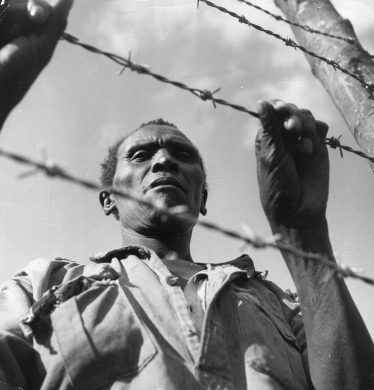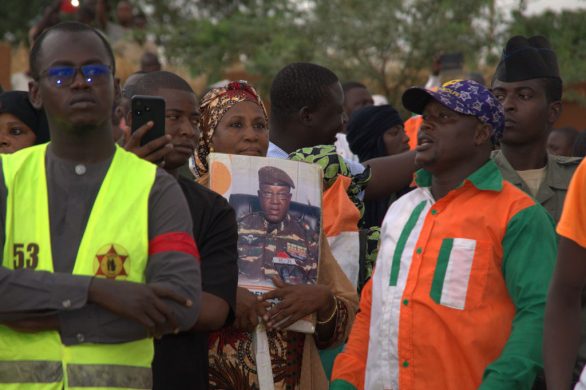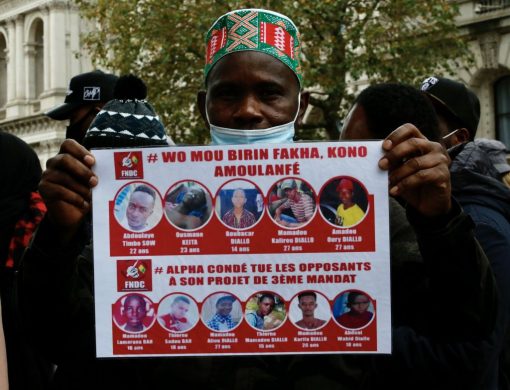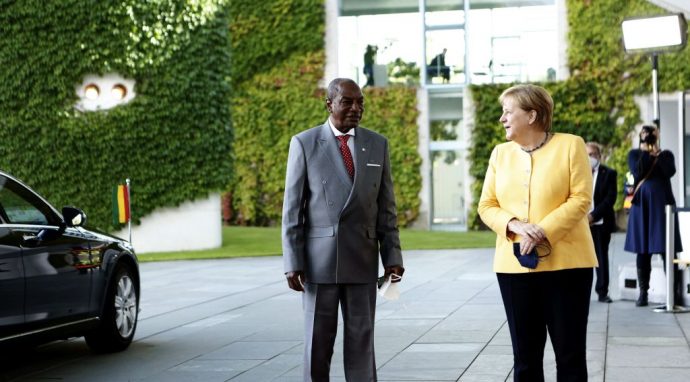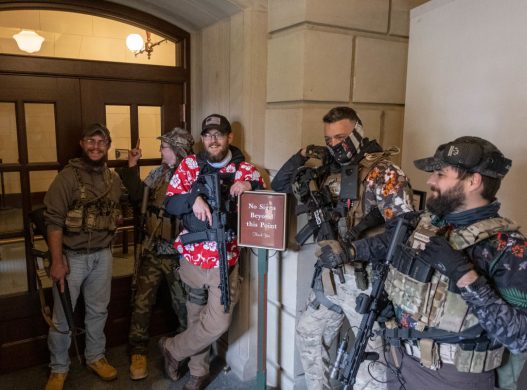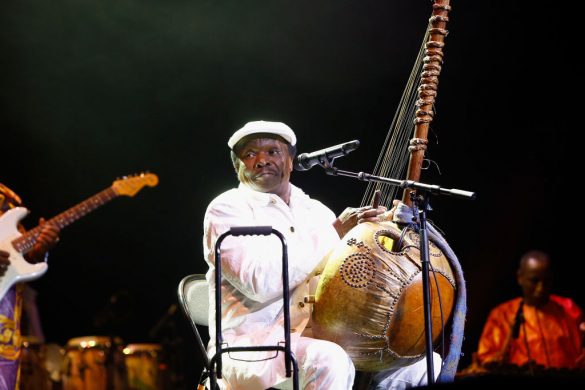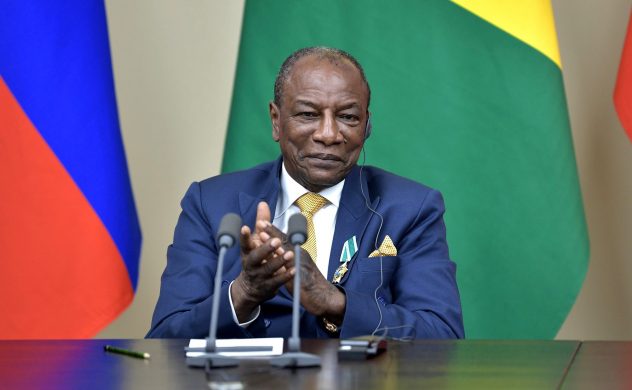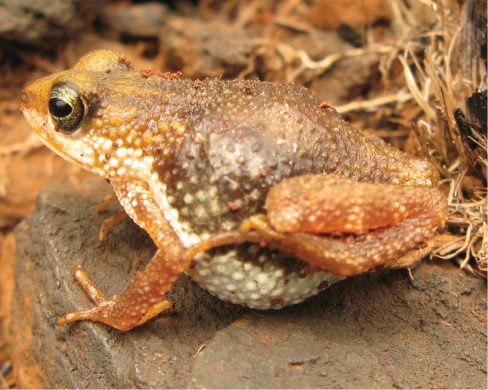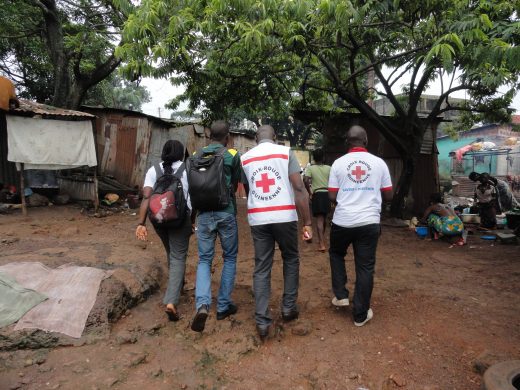Overview: Ebola Outbreak in West Africa
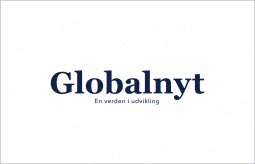
In March 2014, a rapidly evolving outbreak of Ebola haemorrhagic fever started in Guinea. The outbreak subsequently spread to Liberia, Sierra Leone, Nigeria, Senegal, and Mali.
1 Aug 2014: WHO and the government of Sierra Leone, Guinea and Liberia launched a joint US$ 100 million response plan.
8 Aug 2014: WHO declared the Ebola outbreak in West Africa a Public Health Emergency of International Concern (PHEIC).
28 Aug 2014: WHO issued a "roadmap" to scale up the international response.
19 Sep 2014: UN Mission for Ebola Emergency Response (UNMEER) established.
17 Oct 2014: WHO declared Senegal free of Ebola virus transmission.
20 Oct 2014: WHO declared Nigeria free of Ebola virus transmission.
19 Jan 2015: WHO declared Mali free of Ebola virus transmission.
21 Jan 2015: Updated Overview of Needs and Requirements for Jan-Jun 2015 launched.
8 May 2015: WHO declared Liberia free of Ebola virus transmission.
31 Jul 2015: UNMEER closed and transitioned oversight of the UN system’s Ebola emergency response to WHO as of 1 Aug.
7 Nov 2015: WHO declared Sierra Leone free of Ebola virus transmission.
29 Dec 2015: WHO declared the end of Ebola virus transmission in the Republic of Guinea.
14 Jan 2016: WHO declared the end of the most recent outbreak of Ebola virus disease in Liberia and said all known chains of transmission have been stopped in West Africa.
15 Jan 2016: A new case of Ebola has been confirmed in Sierra Leone. The country is still in a 90-day period of enhanced surveillance following the declaration on 7 November 2015 of the end of Ebola transmission in the country.
22 Mar 2016: According to Guinea's Ebola response unit, five deaths have been recorded ( three probable and two confirmed) after re-emergence of the disease. (AFP, 22 Mar 2016)
29 Mar 2016: WHO said Ebola situation in West Africa no longer constitutes a Public Health Emergency of International Concern (WHO, 29 Mar 2016)
20 Apr 2016: Guinean authorities declared last known case of Ebola "cured". (AFP, 20 Apr 2016)
For the outbreak to be declared over, a 42-day countdown must pass after the last case tested negative for Ebola virus for the second time. This countdown is due to elapse on 31 May in Guinea and on 9 June in Liberia. (WHO, 26 May 2016)
Kilder: Reliefweb
BRAZZAVILLE, 1 June 2016 (WHO): Today the World Health Organization (WHO) declares the end of Ebola virus transmission in the Republic of Guinea. Forty-two days have passed since the last person confirmed to have Ebola virus disease tested negative for the second time. Guinea now enters a 90-day period of heightened surveillance to ensure that any new cases are identified quickly before they can spread to other people.
“WHO commends the Government of Guinea and its people on ending this Ebola outbreak,” says Dr Abou Bekr Gaye, acting WHO Representative in Guinea. “We must continue to be vigilant to ensure that we rapidly detect and stop any new cases that may occur.”
In the latest outbreak, 7 confirmed and 3 probable cases of Ebola virus disease were reported between 17 March and 6 April in Guinea. In addition, 3 confirmed cases were reported between 1 and 5 April in a woman and her two children who had travelled from Macenta, Guinea, to Monrovia, Liberia.
The source of infection in this latest outbreak is likely to have been due to exposure to infected body fluid from an Ebola survivor. The risk of additional outbreaks from exposure to infected body fluids of survivors remains.
WHO and partners are working with the Governments of Liberia, Sierra Leone and Guinea to help ensure that survivors have access to medical and psychosocial care, screening for persistent virus, as well as counselling and education to help them reintegrate into family and community life, reduce stigma and minimize the risk of Ebola virus transmission.
WHO is supporting the three most-affected countries to strengthen key public health programmes, especially maternal and child health, while continuing to maintain the capacity to detect, prevent and respond to any flare-up of Ebola.




